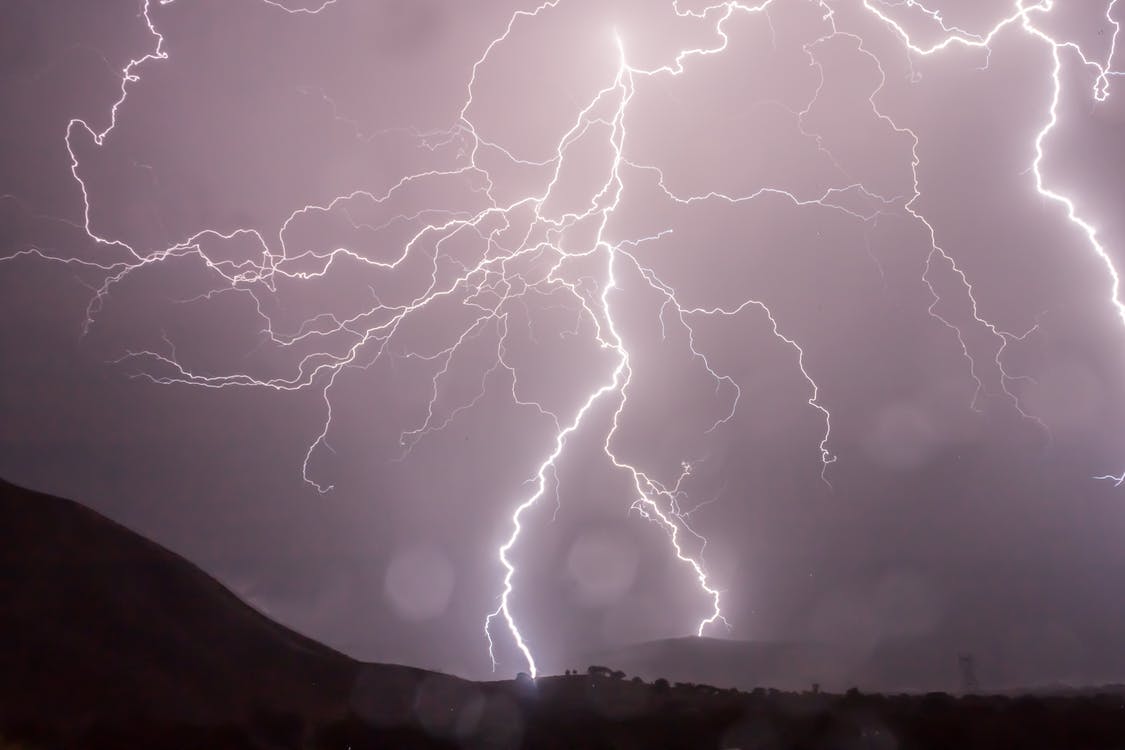
Severe weather is a common occurrence in my home state of Alabama. Today, March 19th, 2018 just happens to be one of those days where the meteorologist have told us to expect it and be prepared for it; however, it is far too often people don't heed or understanding the warnings. This got me thinking about how meteorology is something that needs to be a greater focus in our classrooms and society in general.
First, some of you might be thinking, "but we do cover weather in our school." Yes. This is true, but it's taught at an elementary-to-middle school level, and a deeper understanding is never formed and never built upon in high school. The way subjects and concepts are taught in school - the idea normally is to have a constant base of knowledge to build upon, going all the way through high school and even college for some. If this process is used for Math and Reading, then why can't it be used, at least in a minimalist way, for meteorology?
Even with our advancements in warnings and technology in addition to to people's increased access to that information, we still have too much loss of life in weather-related disasters. Often we read after-the-fact that they are scenarios in which the loss of life could have been avoided; however, despite our advancements people often perish from a lack of knowledge and understanding.
I know generally in Alabama where severe weather is not uncommon and tornadoes can happen, people have at least learned to trust local television meteorologist. This is a good thing because they are the experts; however, there are times when the forecasts "don't live up to the hype" as far as severity of the event. This leads to future skepticism and people not heeding the warnings in the next event. You often see a lot of backlash on social media towards the meteorologists because they "got it wrong again" when really they should be thankful the scenario didn't pan-out in the worst-case scenario that was possible. Again, this is all from a lack of knowledge and understanding.
Most people don't understand how incredibly small the margins are when it comes to the atmospheric conditions coming together to cause the "perfect storm." We've come a long way in being able to predict these conditions through data trends, but at the end of the day, the atmosphere literally changes by the moment; therefore, it's impossible to give an accurate prediction even a few hours before the event.
So, specifically, what am I suggesting as far as what people should learn? If I had it my way, schools would cover everything weather-related, in detail, from elementary through high school, but perhaps a good start would be more region-specific weather conditions for high schools. For instance, in Alabama I would be a huge emphasis on tornadoes, thunderstorms, flooding, and hurricanes.
People especially need to understand the conditions in which make the formation or tornadoes possible and sometimes probable. They also need to understand the conditions in the atmosphere that change over the course of a weather-event that can increase or decrease these probabilities. Understanding how to look at a radar images and being able to comprehend basic storm structure is also paramount.
There's no denying weather effects us all, and furthering the knowledge of people when it comes to weather will only decrease the loss of life in the future. That's something we should be striving for.
Did you see some of the pictures of the baseball size hail from yesterday?
Downvoting a post can decrease pending rewards and make it less visible. Common reasons:
Submit
Yes! I follow a storm chaser on Twitter who goes live during his chases. He's from Oklahoma and has been chasing for over 40 years, he said it was the largest, most destructive hail he'd ever seen. That should tell you something!
Downvoting a post can decrease pending rewards and make it less visible. Common reasons:
Submit